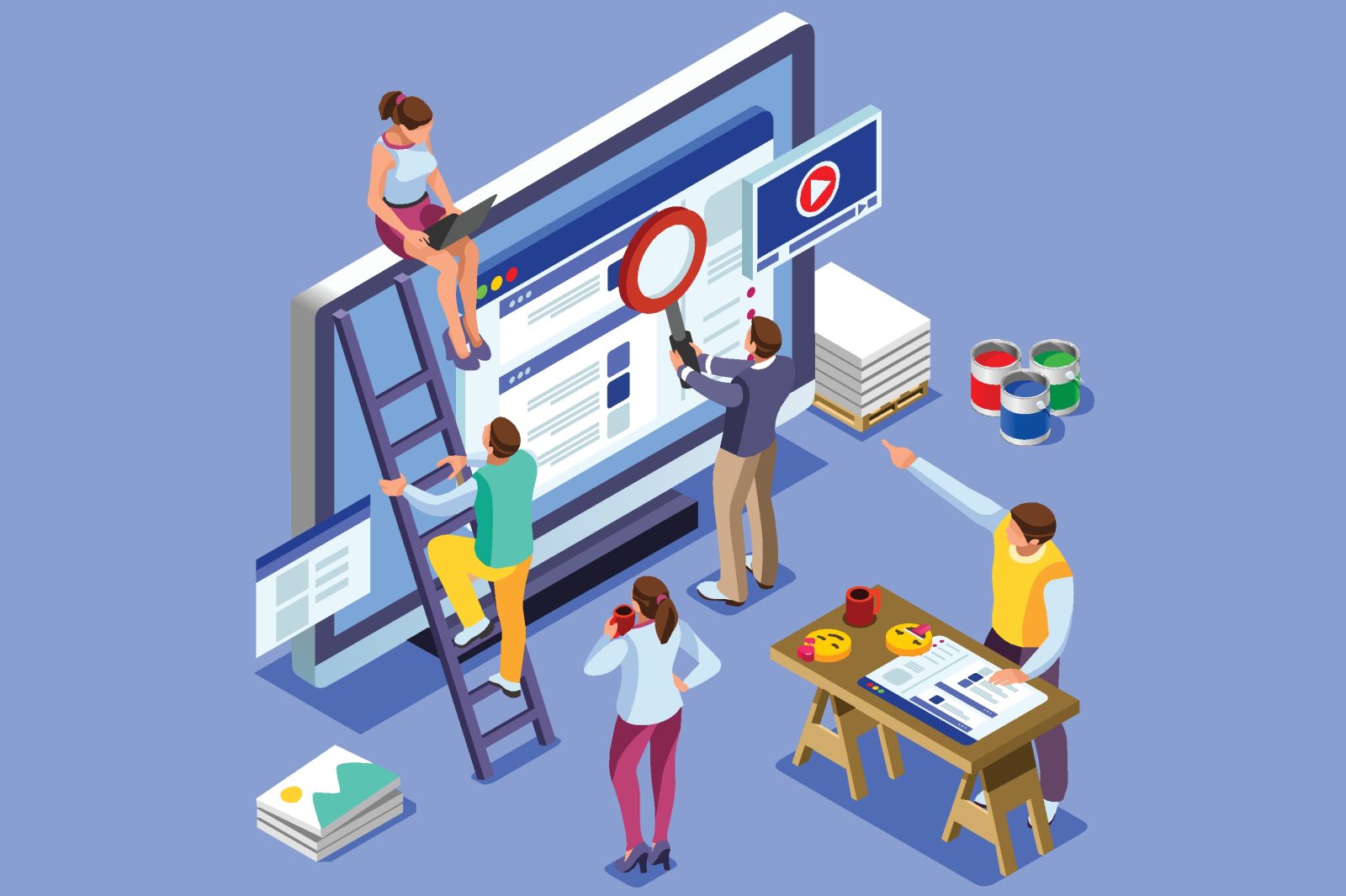Over the past two years, librarians, knowledge managers and information professionals have had to make drastic changes to their processes and services in response to the COVID pandemic. In addition to viewing their own career paths from a new perspective (see, for example, “5 Ways to Build Career Agility in Library and Information Sciences”), information professionals can play a part in supporting institutional agility.
I recently talked with Blanca Chou, Senior Director, Global Information & Business Services at Otsuka Pharmaceutical Companies, about how her team responded to an evolving client base and new types of information needs.
A Reputation of Trust, Prior to a Global Pandemic
While noting that Otsuka is not producing any COVID-related vaccines or therapies, she agreed that COVID has affected the business questions their employees bring and the services the information center provides. Significantly, Otsuka formed a high-level task force in early 2020, comprising leaders across business practices, to address the new challenges they were facing with the emergence of the pandemic. Unlike in the past, the issues were new to everyone, so they could not rely on bringing in a consultancy to advise them; rather, Otsuka chose to create a team of internal experts to exchange ideas and knowledge and to find a path forward.
Because Chou had already been sending relevant COVID-related information to Otsuka leaders, she was invited to join the task force and attend meetings. This enabled her team to anticipate information needs and proactively develop new information products to address those needs. While she was not able to attend the meetings regularly, she assigned a team member to represent her team ,and, based on the insights they gleaned, the information center created a number of new alerting services to support the task force on topics ranging from supply chain issues to the impact on travel, mental health concerns, and the future of the hybrid workplace.
Chou emphasized the significance of having the information center represented on the task force, noting that “it was critical that we already had a reputation for being a trustworthy source of information. The task force knew we would be able to provide intelligence to help the leaders make important business decisions during a time of great uncertainty.”
A Tripling in Demand for Information Services Training
In addition to providing strategic business information, Chou observed that “we were also identifying all the ‘soft’ issues that come up as the organization shifts—people are facing new business needs and new roles, and I knew it was key for us to respond to those concerns.” For example, her team saw a tripling in demand for training programs on information services and resources, which in turn generated more information requests globally.
I asked Chou how she cultivated this resilience in her staff and she pointed to Otsuka’s corporate culture. “Ambiguity is an important part of our culture, and I have learned to stay calm and positive, and to never give up in an uncertain environment. So, I saw COVID as an opportunity to further demonstrate our value in a difficult and unfortunate situation. We took risks and were able to shine. In fact, three of us were nominated for the company’s highest award.”
Encouraging Diverse Skill Sets
Building that kind of resilience and agility among her staff involves more than just hiring people with those characteristics. Chou fosters a growth and learning mindset by encouraging all team members to cross-train for multiple functional areas and build diverse skill sets. Chou told me “I think encouraging a culture of agility is the number one strategy any team—or company—should have. It drives leaders to develop talent within the organization, and it inspires employees to take risks.”
Related to this is Chou’s belief in the importance of planning for constant change. We are all operating in an environment in which we must make decisions without having all the information we wish we had. She has learned that, as she said, “I have to be responsible for any decisions I make for my team. Sometimes I don’t have all the information I need; sometimes I don’t know which choice is the right one. So, we look for alternatives as backup plans, which means that, even if this decision doesn’t turn out right, we have options.”
This approach has helped the information center build its visibility and reputation throughout Otsuka for trustworthiness. By attending company meetings, reading news coverage of the company, and reaching out to practice groups to determine their new priorities, her team has been able to anticipate the company’s information needs and seize opportunities.
“I knew when we joined the COVID task force that the whole company would be relying on my team to supply critical news and intelligence to support important decisions. We have a high profile because of our participation in the task force, and it came because of our ability to say yes, to set up new initiatives and move outside our comfort zone.”
One of the legal VPs told her staff that, while they would be seeing a deluge of COVID-related information, they should focus on the daily news updates curated by the Information Center. “Being recognized as the source for the most current and authoritative information was a great outcome, and it was due to our willingness to proactively take risks and respond quickly to changing circumstances,” Chou said.
While Chou can’t predict what the next five or 10 years will look like, she is confident that her team will be able to handle the challenge, having built a culture that welcomes change and the challenges that it brings.
Related Reading: Becoming an Info Intrapreneur


